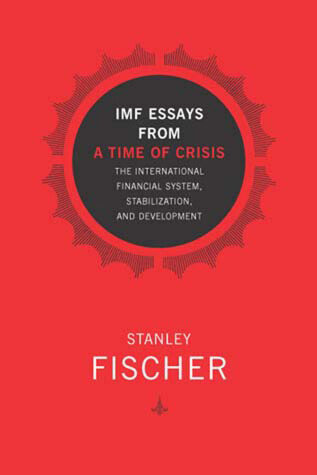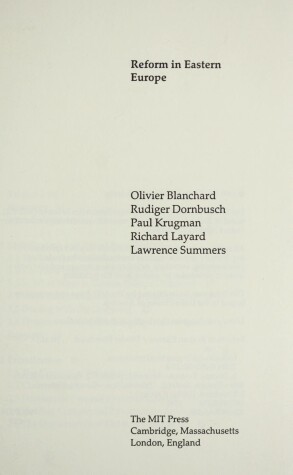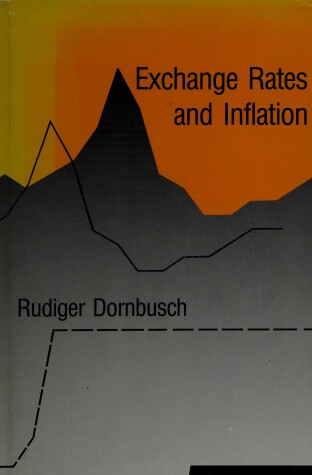The MIT Press
7 total works
Lectures on Macroeconomics provides the first comprehensive description and evaluation of macroeconomic theory in many years. While the authors' perspective is broad, they clearly state their assessment of what is important and what is not as they present the essence of macroeconomic theory today.The main purpose of Lectures on Macroeconomics is to characterize and explain fluctuations in output, unemployment and movement in prices. The most important fact of modern economic history is persistent long term growth, but as the book makes clear, this growth is far from steady. The authors analyze and explore these fluctuations.
Topics include consumption and investment; the Overlapping Generations Model; money; multiple equilibria, bubbles, and stability; the role of nominal rigidities; competitive equilibrium business cycles, nominal rigidities and economic fluctuations, goods, labor and credit markets; and monetary and fiscal policy issues. Each of chapters 2 through 9 discusses models appropriate to the topic. Chapter 10 then draws on the previous chapters, asks which models are the workhorses of macroeconomics, and sets the models out in convenient form. A concluding chapter analyzes the goals of economic policy, monetary policy, fiscal policy, and dynamic inconsistency.
Written as a text for graduate students with some background in macroeconomics, statistics, and econometrics, Lectures on Macroeconomics also presents topics in a self contained way that makes it a suitable reference for professional economists.
The first section of essays, "The Role of the IMF and the Reform of the International Financial System," considers the IMF's role in the international financial system in light of the crises of the 1990s. The second section, "Macroeconomic Policy, Stabilization, and Transition," examines such topics as exchange rate regimes, inflation, and Eastern Europe's relation to the European Union. The final section, "Poverty and Development," reflects Fischer's basic belief that economic policies should explicitly target poverty reduction. These engaging and accessible essays will appeal not only to economics students, economists, and policymakers but also to the general reader interested in the international monetary system.
Reform in Eastern Europe
by Olivier Blanchard, Rudiger Dornbusch, Paul R Krugman, Richard Layard, and Lawrence Summers
The authors propose a plan for privatizing state-owned enterprises without placing them in the hands of those who accumulated wealth under the communist regimes. They recommend and detail methods for achieving orderly restructuring - in effect, closing most of the existing production structures and creating a whole new economy - covering issues of national saving, the creation of a financial intermediation system, the role of direct investment, labour allocation and unemployment.
East-West Migration
by Richard Layard, Olivier Blanchard, Rudiger Dornbusch, and Paul Krugman





